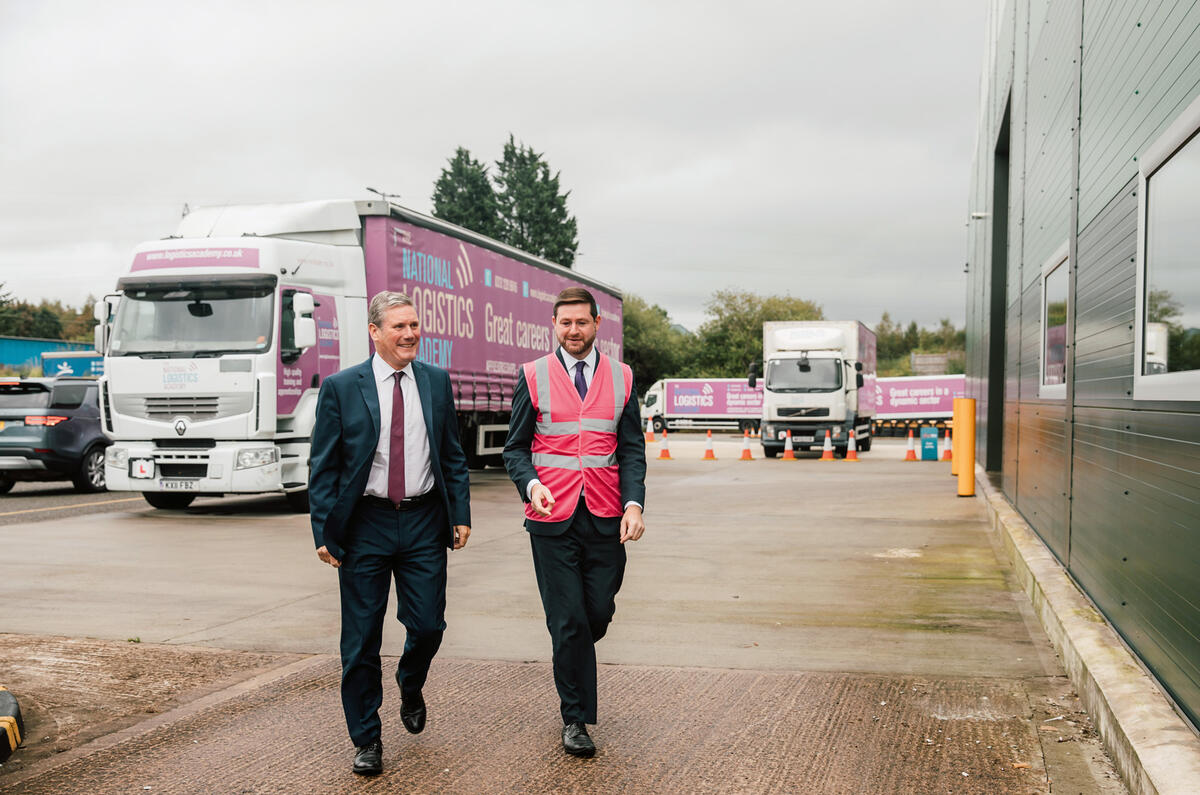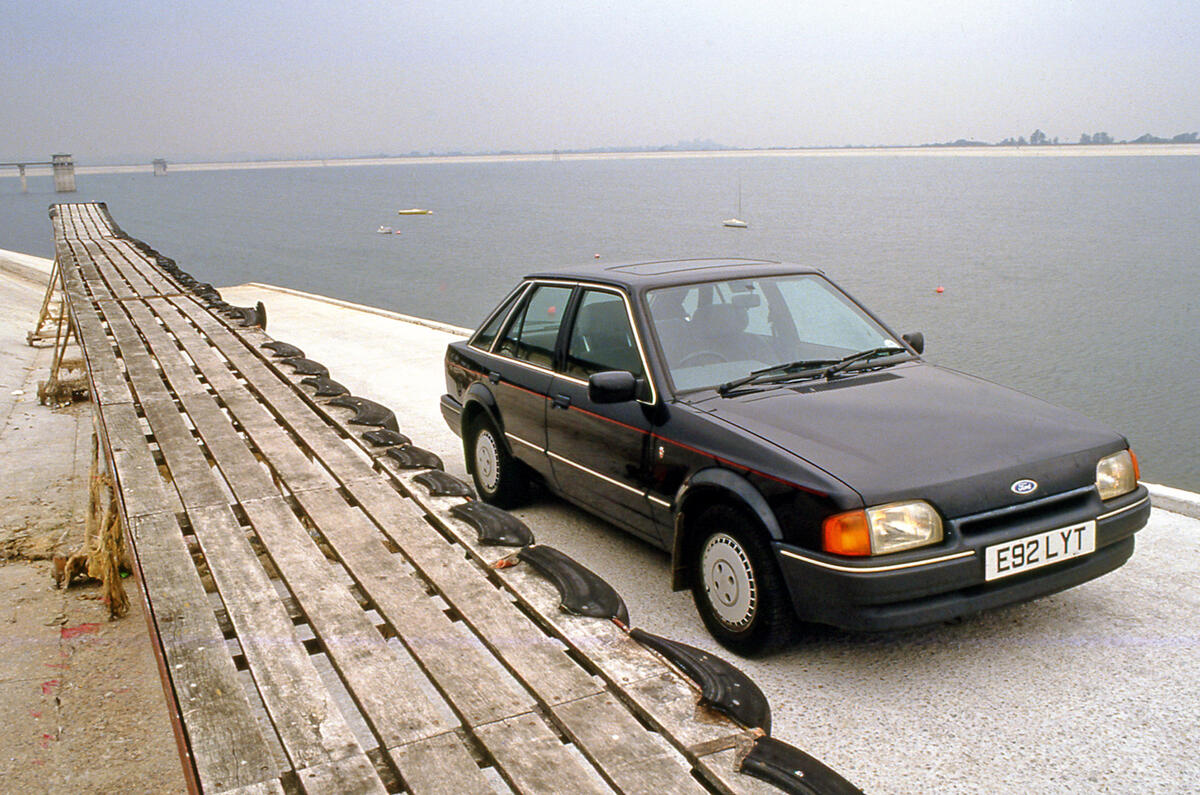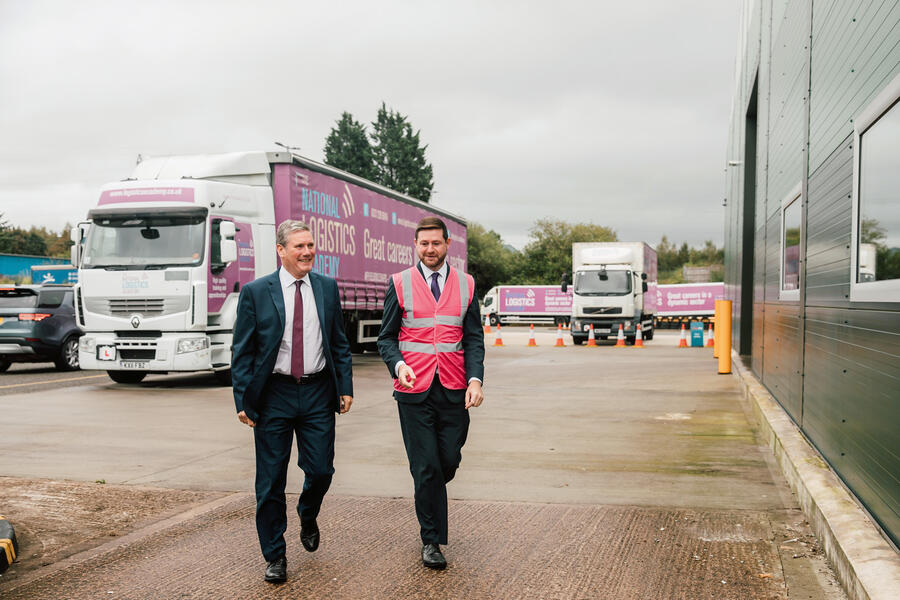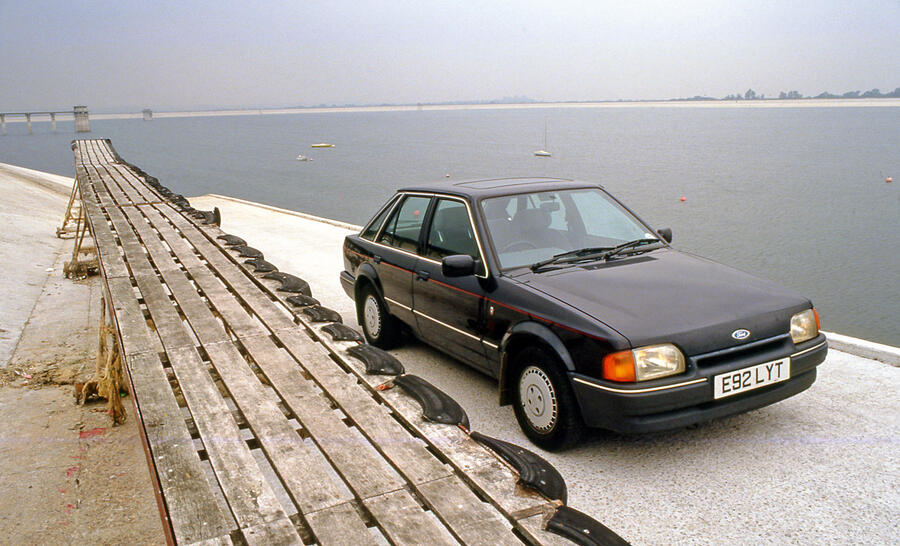During the recent United Nations Climate Change Conference (COP26) in Glasgow, the majority of the world’s car manufacturers failed to back a deal to eliminate new car emissions by 2040.
Signatures missing from the deal included the BMW Group, Renault Group, Hyundai Motor Group, Stellantis, Toyota and the Volkswagen Group, while countries including China, France, Germany and the US also failed to sign the pledge.
According to Jim McMahon, Labour’s shadow transport secretary, the Conservative government cutting domestic air taxes prior to the conference meant the UK (which did sign the pledge) “went into COP26 with a very weak position” to start negotiations.
“The opportunity was there for the government to use the Spending Review before COP26 to lay the foundations, but we didn’t really see that,” the MP for Oldham West and Royton in Lancashire told us. “What has the government been doing to support building new battery plants in the UK? What have they been doing to support the building of new hydrogen facilities and investing in the technology early to stabilise the price so that people have confidence to buy the technology and develop it?”
We put it to McMahon – who is the son of a truck driver – that the government announced in August that it would consult on a £240 million fund to support future hydrogen facilities and launched in May a £1 billion Automotive Transformation Fund.
This is too little too late, according to Labour. A spokesman said: “It’s the very fact that they’ve been in power for 11 years and we’ve seen no real improvement or investment. This shows the problematic place we’re in as we attempt to tackle climate change and decarbonise the transport industry.”
McMahon added: “The government could have taken action and it has chosen not to. They then go to an international conference and unsurprisingly all the countries and manufacturers are saying ‘it’s not possible with the foundations that have been laid, we need more time’.”
McMahon warned that without sizeable government help, the UK’s automotive industry will be “miles behind and investment will go elsewhere” and claimed that the government is also not delivering on its promises to decarbonise bus fleets.
“Two years ago, Boris Johnson promised 4000 zero-emissions buses, and there isn’t a single one [of that batch] on the road. “We met with the main manufacturers – Switch Mobility, Alexander Dennis and Wrightbus – and they were saying they haven’t received a single order. Not only are there none on the roads, but there isn’t even one on the order books.
“It’s doable to transition in a fair way, but my fear is the government will drag their feet and they will do it at the last minute, punishing working-class people.”
Responding to McMahon’s statement, a Department for Transport spokesman said: “We’ve already announced funding for 900 vehicles and the winning bids for up to a further 500 buses are due to be announced shortly.”
So, what would Labour be doing if it were in power today?











Join the debate
Add your comment
Yet more evidence of how this party is not fit for government: "I would like to see a public transport revolution... and take cars off the streets." It's all about their out-dated ideology and obsession with revolution, removing individual freedoms so they can take more control over how people live their lives. It was tried in Soviet Russia and didn't work..because people value individual freedom and liberty... and decent living standards!
Talk about bad timing! Jim McMahon has just been moved from Shadow Transport Secretary to DEFRA and Louise Haigh is the new Shadow Transport Secretary.
I am not sure Labour really understand what many people do for work these days. They see people travelling abroad for work as bankers and managers just going on meetings jollies who could do it via zoom and yes go to any airport and there are a lot of those sort still. But there are also a lot of people that need to travel for hands on work, engineers, support technicians, consultants that need to see the bigger picture, people going for practical training, actors and on and on and on. These people would be punished for travelling when its simply unavoidable to do their work.